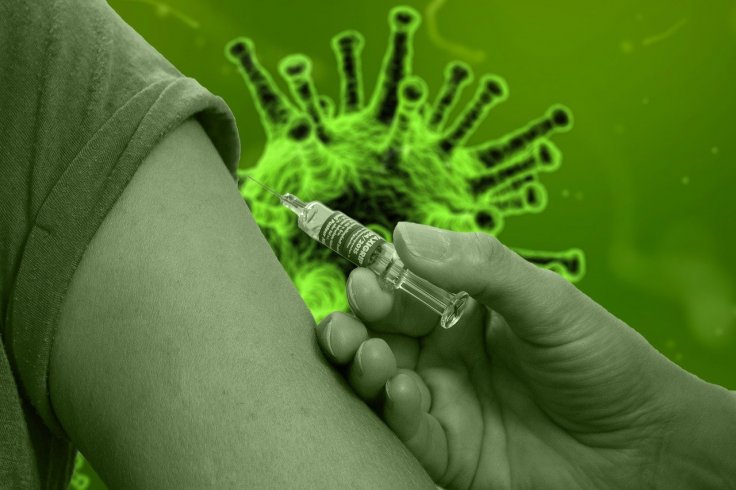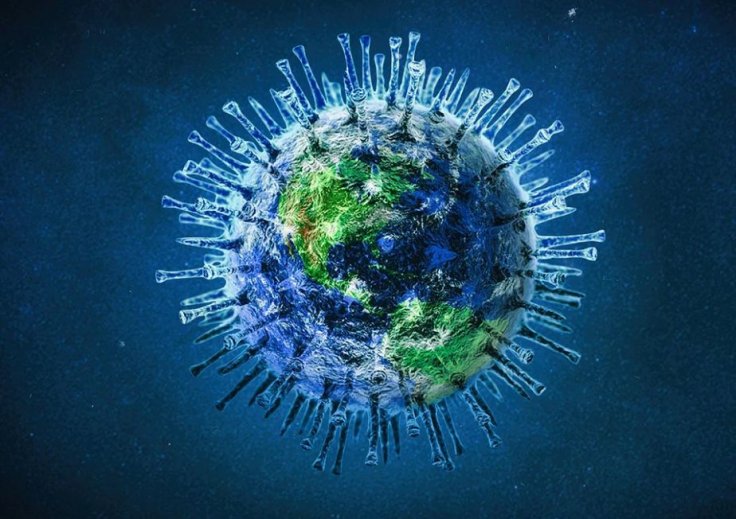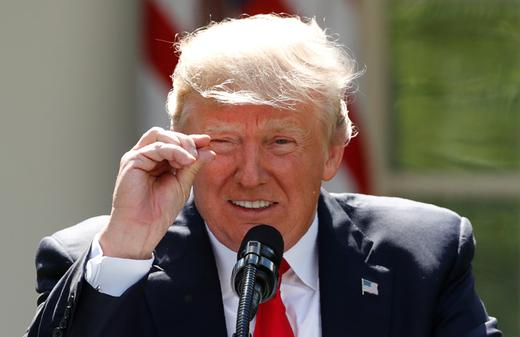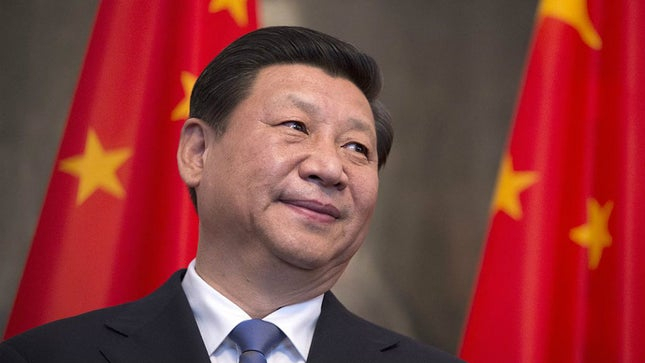China has formally joined COVAX—a global scheme to regulate the distribution of vaccine—that is being supported by the World Health Organization (WHO), it announced on Friday; a move that could provide the much-needed boost to the COVID-19 vaccination program that US President Donald Trump has rebuffed.
Hua Chunying, the spokesperson for the foreign ministry, said in a statement, "We are taking this concrete step to ensure equitable distribution of vaccines, especially to developing countries, and hope more capable countries will also join and support COVAX." The statement, however, did not offer details on the kind of assistance China will provide to the initiative.
'Vaccine for All' May' Become a Reality

China's inclusion brings with it the benefit of the nation's vaccine producing capacity, and it will help prioritize the supply of the vaccine to developing countries upon the completion of production, added the foreign ministry. Also, the country has been negotiating with the WHO to have its domestically produced vaccines made available for use across the world.
"Vaccine deals are underway and we are fast approaching our initial fundraising target to jumpstart support for lower-income countries," Dr. Seth Berkley, GAVI's chief executive, told Reuters. He added, "What seemed like an impossible challenge just a few months ago - ensuring every country, rich or poor, gets equitable, rapid access to COVID-19 vaccines - is now becoming a reality."
A GAVI spokesperson also added that the move meant that China "will be procuring vaccines through the facility for a proportion of their own population, just as with other countries."
Making Access to Vaccines Globally Equitable
COVAX is being co-led by Gavi, the Vaccine Alliance, a global public-private health alliance that aims to improve access to immunization in poor countries. The other organizations at the helm of the program are the Coalition for Epidemic Preparedness Innovations (CEPI) and the WHO.

Discouraging national governments from stockpiling COVID-19 vaccines for themselves and focusing on the vaccination of the most high-risk groups in every country, are the program's main initiatives. Nevertheless, its potential success has been clouded by uncertainty due to certain high-profile nations choosing to refrain from participating in it.
It currently has over 170 participating nations who are in support of the program's goal of making the COVID-19 vaccines accessible to poor and rich countries equitably. The members include 76 nations that are self-financing. However, the major Western powers Russia and the US are part of the coalition.
Global Outcry Against China
China's latest attempt at becoming a stakeholder in the global fight against COVID-19 comes at a time when the Asian superpower has been receiving flak from the international community for its handling of the pandemic. Consequently, several nations have become increasingly critical about the nation, a recent survey stated.

US President Donald Trump has spearheaded the attack against China alleging that it mismanaged the pandemic and attributing lack of transparency on the nation's part in informing the world about the coronavirus. He has addressed the SARS-CoV-2 virus as a "China Virus" during several public appearances. Trump, who is running for another term in office, has also accused the WHO of being lenient with China and cut funding to the organization in opposition.
"We're doing very serious investigations ... We are not happy with China. There are a lot of ways you can hold them accountable," Trump said at a White House news conference in April, the Reuters reported. He also said, "We believe it could have been stopped at the source. It could have been stopped quickly and it wouldn't have spread all over the world."
China's Role In The Fight Against COVID-19
President Xi Jinping, in May, pledged to make a sum of $2 billion available over the next two years to combat the COVID-19 pandemic. "China supports a comprehensive evaluation of the global response to the epidemic after the global epidemic is under control, to sum up experiences and remedy deficiencies," Xi told the Chinese assembly in address, according to CNA.

He also stated that the vaccine would be made use for the benefit of the global community. "After the research and development of China's coronavirus vaccine is completed and it is put into use, it will be made a global public good," said Xi.
Currently, China has around four experimental vaccines that are in the final stages of clinical trials. Two of the vaccines are being developed by the government-backed China National Biotec Group (CNBG) and two by pharmaceutical companies CanSino Biologics and Sinovac Biotech. However, the inoculation of several thousand essential workers and other high-risk groups without the completion of clinical trials has sparked safety concern among health experts.









